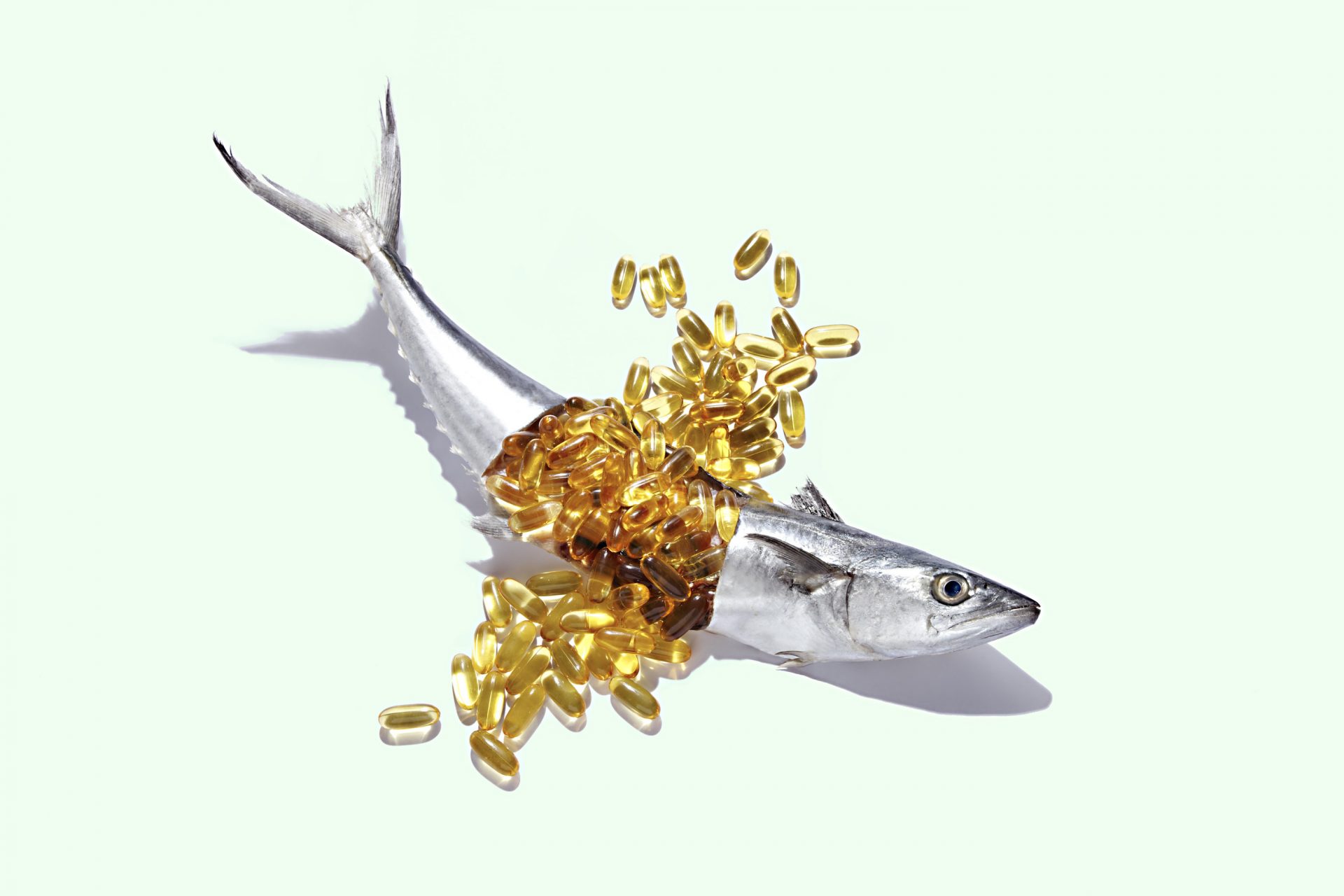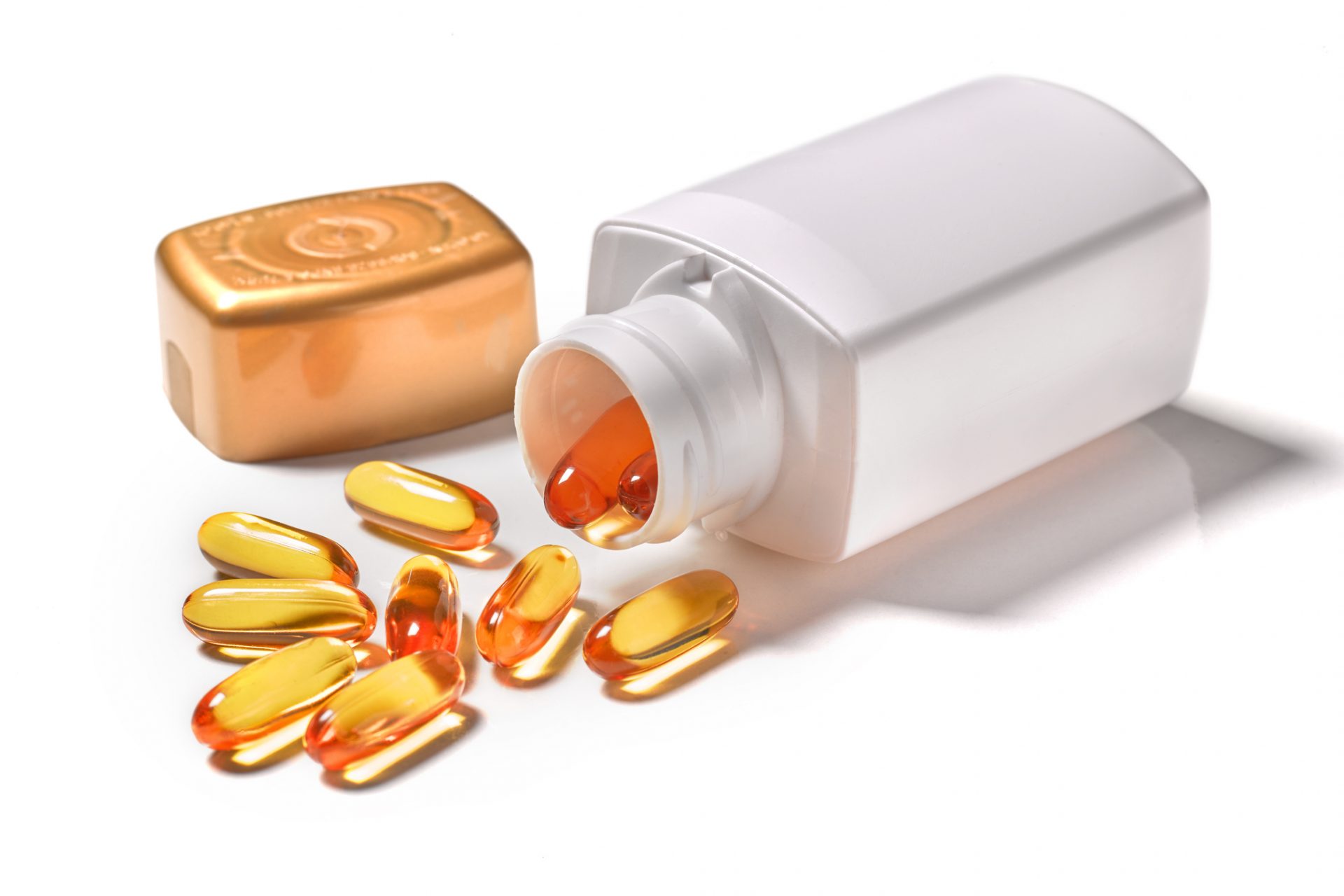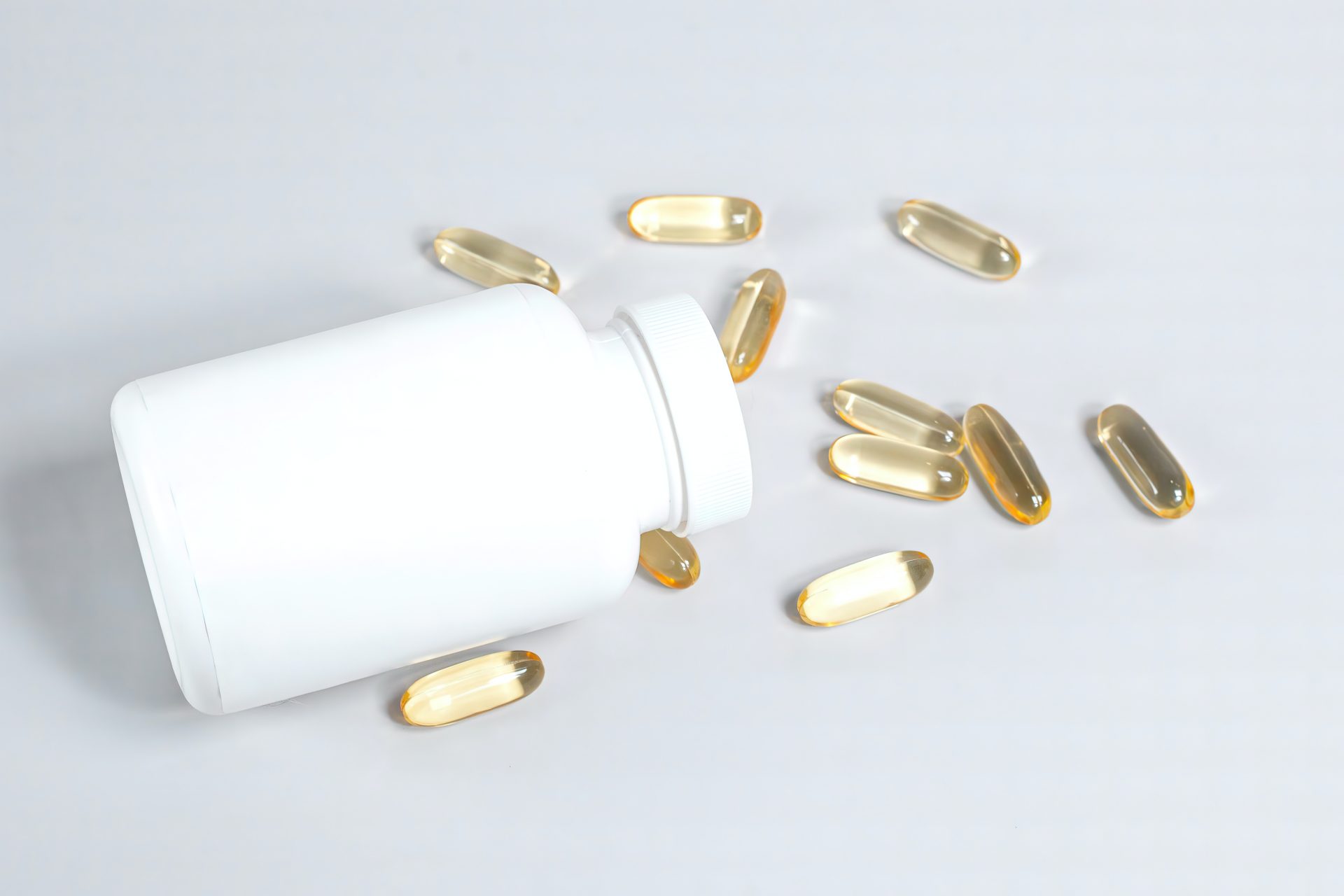There's something fishy about fish oil supplements study finds
Fish oil supplements have been touted as a cure-all solution to many of today’s modern issues but do these gel capsules really contain the ingredients to make you healthier?
This was the questions a group of researchers wanted to figure out when they decided to look at the effectiveness of fish oil supplements and their findings were very surprising.
Specifically, the researchers wanted to know if the claims made by fish oil companies on the back of their pill bottles were true and if the level of fish oil in the pills was accurate.
The results of the study suggested that fish oil supplements are as varied as the amount of brands being sold around the world, meaning the health claims were likely wrong too.
Researchers from the University of Texas Southwestern Medical Center in Dallas tested 2819 unique fish supplements and found 2082 of them made at least one health claim.
Of the 2082 fish supplements that made a health claim on their bottle, only 399 (19.2%) used claims that had been qualified and FDA-approved, which seems a little worrying.
The other 80.8% of fish oil supplements that used at least one health claim made what the researchers called “structure/function” claims like they could “promote heart health.”
Photo Credit: Wiki Commons
Heart and cardiovascular health claims were the most common claims that were made on fish oil supplements with them appearing on 1747 (62%) of fish oil supplements.
Photo Credit: Wiki Commons
While these numbers alone may seem worrying, the researchers took their analysis one step further and looked into what was actually in the supplements of 16 leading brands.
Photo Credit: Unsplash by Iryna Marienko
Researchers identified 255 unique products among the 16 leading brands and tested them to see if their claimed levels of eicosapentaenoic acid (EPA) and docosahexaenoic acid (DHA) matched the amounts advertised on the supplements.
Photo Credit: Unsplash by Supliful - Supplements On Demand
It turned out that only 24 of the 255 supplements the researchers tested actually had the advertised level of fish oil they claimed their products contained.
Moreover, the researchers added that only 9.4% of the supplements they tested actually contained the daily dose of 2 grams of fish oil that most of the supplements claimed.
The results couldn’t be clearer and the researchers concluded that their science didn’t back up the claims being made by most of the fish oil supplement brands they studied.
“Results of this cross-sectional study suggest that the majority of fish oil supplement labels make health claims… that imply a health benefit across a variety of organ systems despite a lack of trial data showing efficacy,” the study’s authors wrote.
The researchers also called for more regulation in the fish oil supplement market since the variability of daily doses in brands presented a real safety concern for consumers.
Photo Credit: Unsplash by Leohoho
The global fish oil market was valued at roughly $12.3 billion dollars in 2022 according to Future Market Insights, and that number is expected to rise to $23.8 Billion by 2032.
Photo Credit: Unsplash by Towfiqu barbhuiya
More for you
Top Stories





























